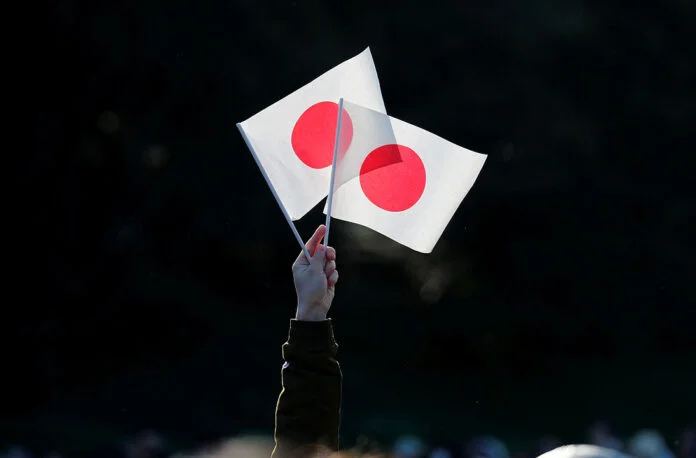In a striking turn reminiscent of the U.S. elections in 2016 and 2024, Japan’s long-standing ruling coalition has faced a significant setback in last week’s national elections.
The newly ascendant “Japanese First” party, inspired by populist sentiments, has claimed enough seats in the House of Councillors to challenge the coalition’s authority and potentially unseat Prime Minister Shigeru Ishiba, known for his globalist positions.
Founded during the stringent pandemic lockdowns by Sohei Kamiya, the “Japanese First” party, or Sanseito, harnessed online organizing to promote anti-globalism and resist enforced multiculturalism. Now holding 15 seats in the Upper House and 3 in the Lower House, their influence on future legislative actions is undeniable.
Mainstream media outlets have criticized the movement, labeling it as extreme. Reuters described the party as “fringe far right,” highlighting its rise based on fears of a “silent invasion” by immigrants, alongside promises for tax relief and increased welfare spending.
Emerging on platforms like YouTube during the COVID-19 pandemic, the party has gained traction with conspiracy theories regarding vaccinations and a supposed alliance of global elites.
For years, Japan has been scrutinized by leftist commentators in the West, often branded as “fascist” for resisting progressive ideologies. Despite this, it appears that the Japanese public is growing increasingly aware of what they see as propaganda surrounding globalist agendas and the realities of COVID-19 measures.
Traditionally, Japan has upheld a homogeneous culture with strict immigration policies. The society values order and mutual respect, contributing to the cleanliness and maintenance of its cities. However, following the assassination of former Prime Minister Shinzo Abe and a decline in his influence, the coalition government has gradually shifted toward accepting multiculturalism.
Globalist politicians advocate for more lenient immigration standards, arguing that Japan’s declining birth rate and aging population necessitate foreign labor. This mirrors trends seen in the West, where many migrants come from less stable regions with little regard for Japanese customs.
The Japanese public has begun to experience the impacts of multiculturalism, including a rise in crime rates and issues with littering in urban areas. Particularly concerning are reports of Muslim and African migrants struggling to assimilate, contributing to disturbances in an otherwise peaceful society. Although they represent a small fraction of the population, their involvement in crime is disproportionately high.
With Japan’s migrant population standing at 3.7 million out of 124 million, many citizens are recognizing the potential pitfalls of multiculturalism. The Japanese First movement points to the ongoing challenges faced by European nations due to open borders as a cautionary tale, emphasizing their intent not to follow this path. Instead, they advocate for policies similar to those of American conservatives, including mass deportations and incentives for increasing the native Japanese population.
The belief that open immigration is the sole remedy for labor shortages is a misconception often promoted by globalists, who seek to dilute national cultures and borders, using mass migration as a means to destabilize homogeneous societies.

